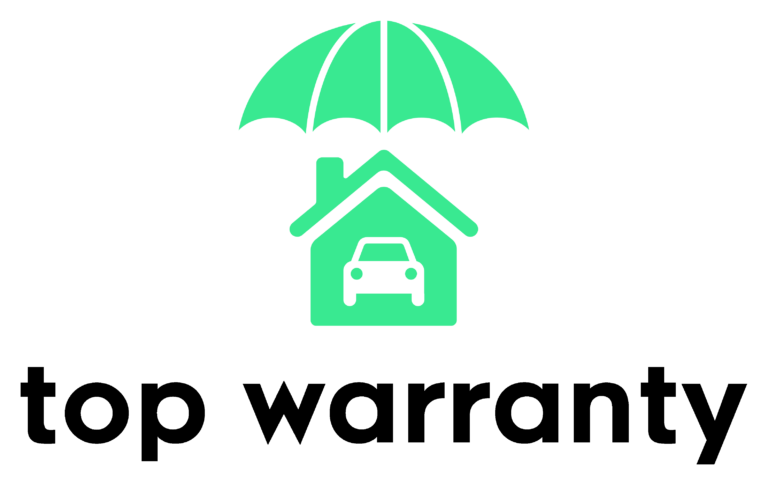
Getting into a car accident can be a shocking and stressful experience. Even a minor fender bender can leave you feeling overwhelmed and unsure of what to do next. This article provides a step-by-step guide for what to do after a car accident, walking through the key actions you should take when dealing with your auto insurance company.
By following these steps, you’ll know how to respond at the scene, report the incident, collect evidence, file a claim, negotiate a fair settlement, and ultimately get your car repaired or receive a payout for the value of your vehicle. Having a plan in place for these post-accident procedures will help reduce stress and ensure you protect your rights throughout the claims process. The goal is to get your life back to normal as quickly and smoothly as possible after an auto collision.
Stop and Check for Injuries
Immediately after a car accident, your first priority should be to stop and check on the safety of everyone involved. Even if the accident seems minor, it is important to pull over to a safe location, turn on your hazard lights, and check for injuries. Call 911 immediately if anyone complains of pain or appears to be hurt.
Do not assume that everyone is fine just because the vehicles do not have major damage. Some injuries, like whiplash or internal bleeding, may not be apparent right away. Adrenaline after an accident can also mask feelings of pain that show up later. It is always best to have medical personnel examine anyone in the accident.
Additionally, you have a legal duty in most states to provide reasonable assistance to anyone injured in an accident, so you could face charges if you leave the scene without checking on the other parties involved. Do not try to move anyone who seems seriously injured unless they are in further danger, as this could worsen the injury. Wait for paramedics and let medical professionals assess the situation.
Making sure everyone receives prompt medical attention is the most important thing to do following an accident, even if it seems like just a minor fender bender at first. Do not worry about exchanging information or calling insurance until you have fulfilled your duty to check for injuries and get medical assistance for anyone who needs it. The next steps can wait if someone’s health or safety could be at risk.
Document the Scene
Documenting the details of the accident scene is crucial for supporting your insurance claim and determining fault later on. Take photos and videos of the vehicles’ positions, any damage, debris on the road, weather conditions, traffic signs or lights, and surrounding hazards. Write down notes about the time of day, visibility, road conditions, speed limits, witness contact information, and more. Capture everything you can, no matter how minor it may seem.
The evidence you collect will help reconstruct what happened during the collision. Photos of any dents, scratches, or other vehicle damage can show the points of impact and direction of force. Skid marks on the pavement may indicate braking or evasive maneuvers. Weather details like rain or snow can explain slippery roads. Road hazards like construction zones or obscured signage could absolve you of fault.
Thorough documentation protects you from fraudulent or exaggerated claims later on. The other driver may falsely allege the accident happened differently than it actually did. Without evidence to the contrary, it becomes your word against theirs. Comprehensive notes and documentation make it easier to dispute questionable allegations and inconsistencies.
Save and back up your accident scene photos, videos, and written records. This information will prove invaluable during the insurance claims process. Spend the time at the scene to carefully document every detail while it’s still fresh. This can help the truth come to light and prevent the other driver’s version of events from prevailing falsely.
Also, Read: Differences Between Comprehensive and Collision Coverage
Exchange Information
After ensuring everyone is safe following the car accident, it’s important to exchange insurance and contact information with the other involved drivers. This information will be crucial for filing insurance claims and handling any disputes or negotiations later.
You’ll want to get the following information from the other driver(s):
- Name, address, phone number
- Driver’s license number
- Insurance company name and policy number
- Make, model, year, color, and license plate of their vehicle
Additionally, take down the name and contact information of any passengers or witnesses at the scene. Having an eyewitness who can corroborate your account of what happened can strengthen your insurance claim.
Take pictures of the other driver’s insurance card, license, and license plate before they leave the scene. You’ll also want photos showing the damage to their vehicle. Double check that the information matches what is on their documentation.
Provide the same information to the other driver(s) involved – your name, contact details, insurance details, driver’s license, etc. Be cooperative, but avoid admitting fault or making any statements about the accident to the other parties. That determination will be made during the insurance claims process.
Having this exchange of information at the scene ensures you’ll have what’s needed to file a claim, even if the other driver leaves or changes their story later. It protects you and gets things documented while the accident is still fresh.
File a Police Report
Even if you think the accident is minor, it’s important to file an accident report with the police. Here are some key reasons why:
- The police report creates an official record of what happened. This can be critical evidence if disputes arise later over fault and liability. Having a police report can help protect you if the other driver changes their story or denies responsibility.
- Many insurance companies require a police report to process a claim. They want the neutral, third-party perspective the police can provide. Without a report, the insurance company may be limited in what they can pay out.
- The report documents important details while they are fresh. The officer will interview parties and witnesses at the scene to get their immediate recollection of how the accident occurred. Critical information can be lost if not captured right away.
- For more serious car accidents with injuries, the police report can help establish grounds for a personal injury lawsuit or aid prosecutors if criminal charges are applicable. The thorough documentation provides a firm foundation for legal action.
- Police assign fault and issue citations when warranted. While these police determinations are not legally binding, they can carry weight with insurers when assessing liability. Having the officer’s perspective on fault can help resolve claim disputes faster.
Even if the accident seems trivial at the scene, it’s smart to call the police and insist on filing a report. The small hassle up front can potentially save major headaches down the road if disputes arise. Cooperate fully with law enforcement to ensure the police report completely and accurately records the accident details. This documentation can prove invaluable for handling your insurance claim.
Also, Read : Explore Cashless Car Insurance
Report to Your Insurance
Contact your insurance company as soon as possible after the car accident to report it and start a claim. Call the claims number on your insurance card or policy. Be prepared to provide basic information about the accident like the time, location, parties involved, injuries sustained, and damage to the vehicles.
The claims adjuster will walk you through the process and let you know what information they need from you. They may ask for:
- Your statement about what happened during the accident
- Contact info for other drivers involved
- Police report number
- Photos of damage, injuries, and the accident scene
- Estimates for vehicle repairs and medical treatment
We hope our guide will help you to understand and handle the car accidents situation.
